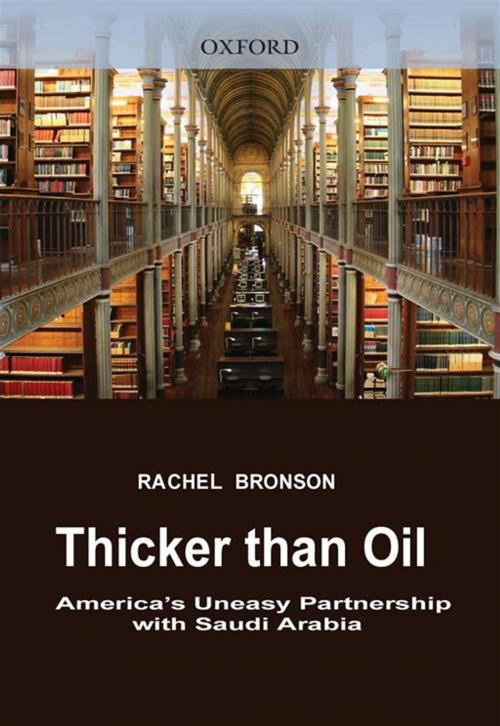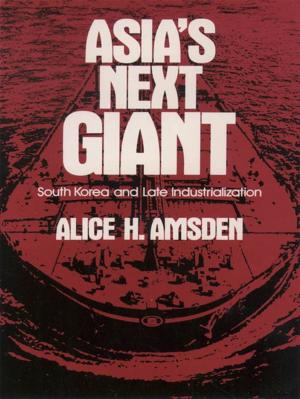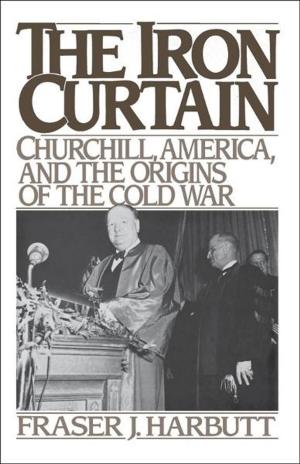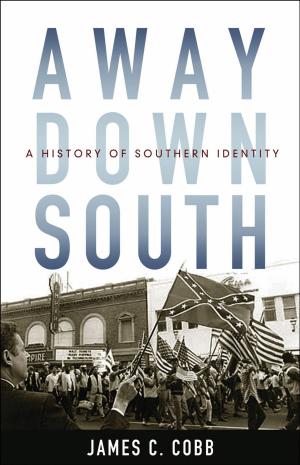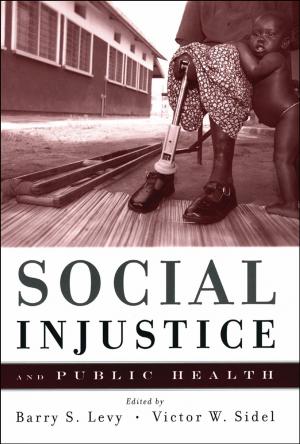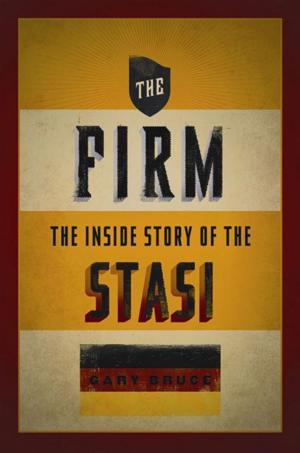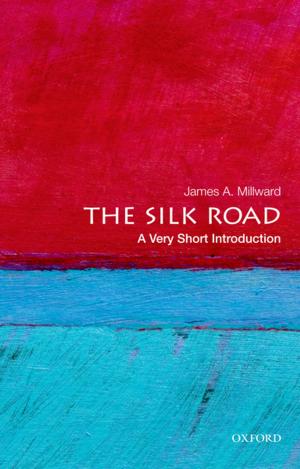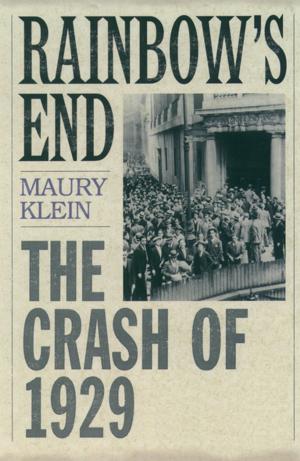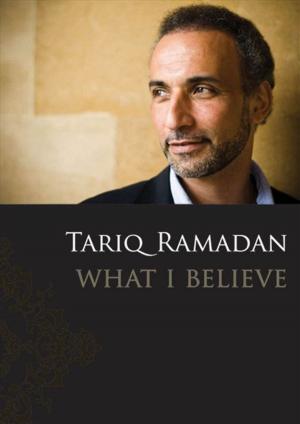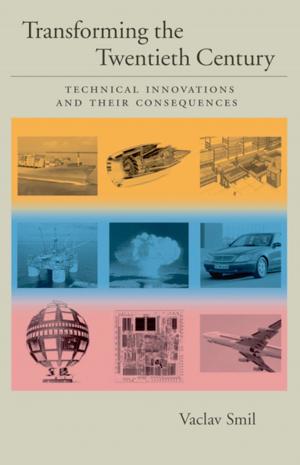Thicker Than Oil : America's Uneasy Partnership With Saudi Arabia
Nonfiction, Social & Cultural Studies, Political Science, International, International Relations| Author: | Rachel Bronson | ISBN: | 9780195167436 |
| Publisher: | Oxford University Press, USA | Publication: | December 15, 2009 |
| Imprint: | Language: | English |
| Author: | Rachel Bronson |
| ISBN: | 9780195167436 |
| Publisher: | Oxford University Press, USA |
| Publication: | December 15, 2009 |
| Imprint: | |
| Language: | English |
For fifty-five years, the United States and Saudi Arabia were solid partners. Then came the 9/11 attacks, which sorely tested that relationship. In Thicker than Oil, Rachel Bronson reveals why the partnership became so intimate and how the countries' shared interests sowed the seeds of today's most pressing problem--Islamic radicalism. Drawing on a wide range of archival material, declassified documents, and interviews with leading Saudi and American officials, Bronson chronicles a history of close, and always controversial, contacts. She argues that contrary to popular belief the relationship was never simply about "oil for security." Saudi Arabia's geographic location and religiously motivated foreign policy figured prominently in American efforts to defeat "godless communism." From Africa to Afghanistan, Egypt to Nicaragua, the two worked to beat back Soviet expansion. But decisions made for hardheaded Cold War purposes left behind a legacy that today enflames the Middle East. In this landmark work, Bronson exposes the political calculations that drove this secretive relationship. Her lively narrative is interwoven with colorful stories of diplomatic adventures and misadventures--including details of high-level backchannel conversations, awkward cross-cultural encounters, and a bizarre American request for the Saudi government to subsidize Polish pork exports, a demand the U.S. Ambassador refused to deliver. Looking forward, she outlines the challenges confronting the relationship. The Saudi government faces a zealous internal opposition bent on America's and Saudi Arabia's destruction. Yet from the perspective of both countries, the status quo is clearly unsustainable. This book shows how this crucial relationship evolved, and suggests ways to chart its future course.
For fifty-five years, the United States and Saudi Arabia were solid partners. Then came the 9/11 attacks, which sorely tested that relationship. In Thicker than Oil, Rachel Bronson reveals why the partnership became so intimate and how the countries' shared interests sowed the seeds of today's most pressing problem--Islamic radicalism. Drawing on a wide range of archival material, declassified documents, and interviews with leading Saudi and American officials, Bronson chronicles a history of close, and always controversial, contacts. She argues that contrary to popular belief the relationship was never simply about "oil for security." Saudi Arabia's geographic location and religiously motivated foreign policy figured prominently in American efforts to defeat "godless communism." From Africa to Afghanistan, Egypt to Nicaragua, the two worked to beat back Soviet expansion. But decisions made for hardheaded Cold War purposes left behind a legacy that today enflames the Middle East. In this landmark work, Bronson exposes the political calculations that drove this secretive relationship. Her lively narrative is interwoven with colorful stories of diplomatic adventures and misadventures--including details of high-level backchannel conversations, awkward cross-cultural encounters, and a bizarre American request for the Saudi government to subsidize Polish pork exports, a demand the U.S. Ambassador refused to deliver. Looking forward, she outlines the challenges confronting the relationship. The Saudi government faces a zealous internal opposition bent on America's and Saudi Arabia's destruction. Yet from the perspective of both countries, the status quo is clearly unsustainable. This book shows how this crucial relationship evolved, and suggests ways to chart its future course.
